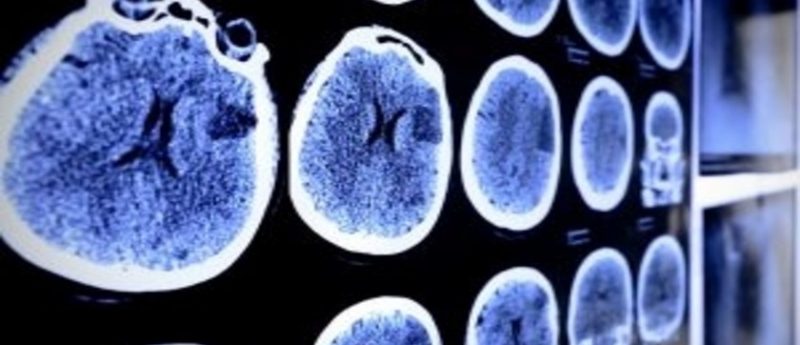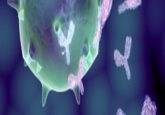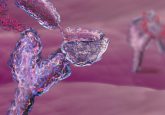NY-ESO-1 immunotherapy combination demonstrates preclinical efficacy in glioblastoma

A team of investigators based at the University of California, Los Angeles (UCLA; CA, USA), has proposed a potential new drug combination that could be effective against glioblastoma. Published yesterday in Neuro-Oncology, the findings suggest that decitabine in combination with modified T-cell immunotherapy was effective at curing almost 50% of glioblastomas in a mouse model.
Following on from work published in 2011, the team led by Robert Prins and Linda Liau (both of UCLA’s Jonsson Comprehensive Cancer Center) investigated an adoptive cell transfer treatment method in a preclinical animal model. Growing T cells were isolated and reprogrammed with a gene termed New York Esophageal Squamous Cell Carcinoma, or NY-ESO-1. These cells were then reintroduced to tumor-bearing mice that had been pretreated with decitabine, which induces expression of the NY-ESO-1 target in the tumor cells.
“The lymphocytes will seek out and find the glioblastoma cells in the brain,” explained Prins. “They can cross different fiber tracts in the brain to reach tumor cells that have migrated away from the main tumor mass. These factors are important in the treatment of invasive tumors, such as glioblastoma. While surgery to remove the main tumor mass can be done, it is not possible to then locate the tumor cells that get away and this ultimately leads to a nearly universal tumor regrowth.”
The study results indicate that the combination therapy was nearly 50% curative. Liau went on to explain the theory behind the therapy: “Brain cancer cells are very good at evading the host immune system, because they do not express specific targets that can be recognized by immune cells. By treating glioblastoma cells with decitabine, we found that we can unmask targets on the tumor cell that can be recognized by killer T cells. Once these targets are uncovered, we can then administer T cells that are genetically programmed to attack tumor cells with the new targets.”
Following on from these positive results, the UCLA team will now continue to investigate the combination in other brain tumor models.
Source: UCLA press release



